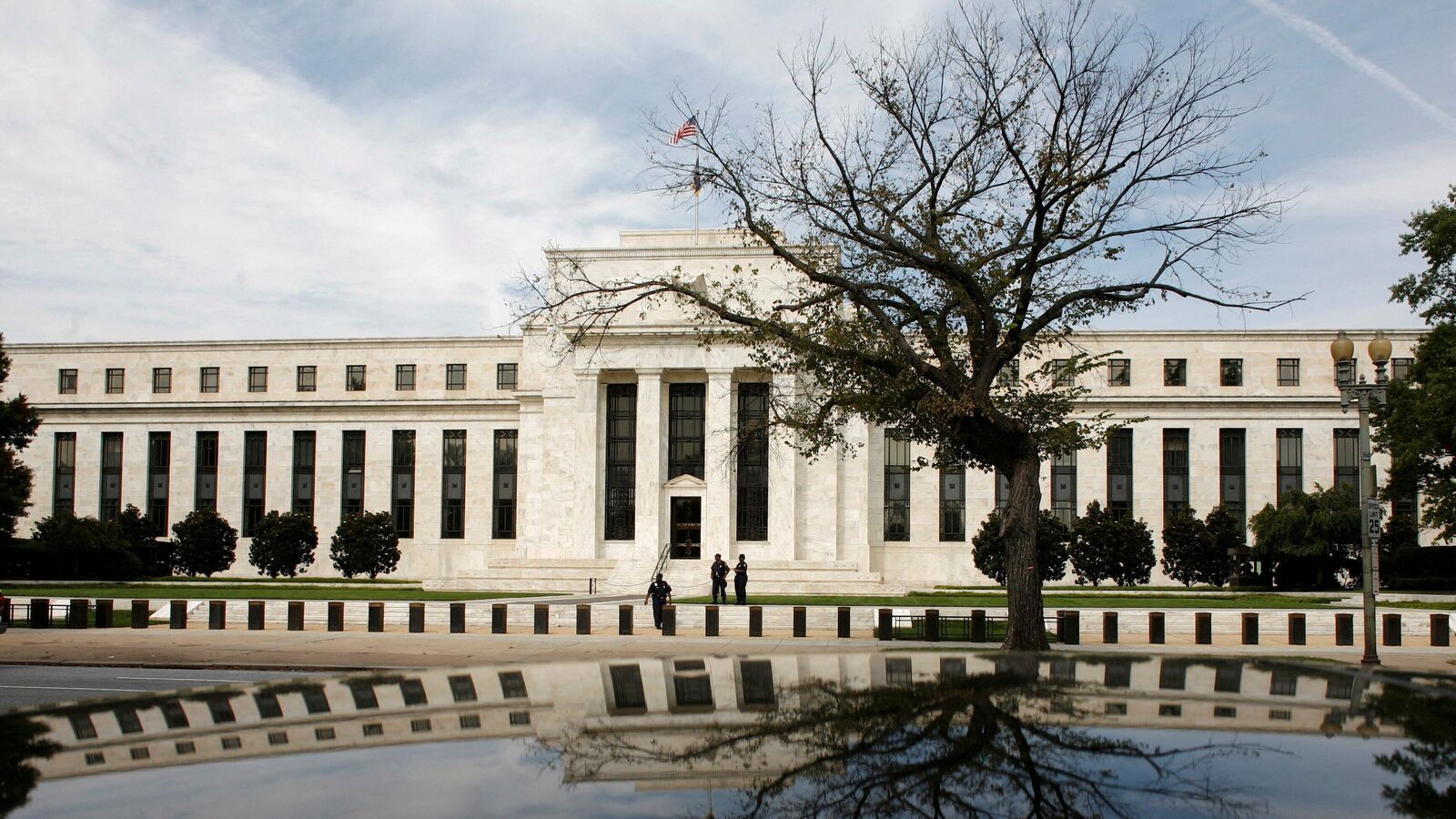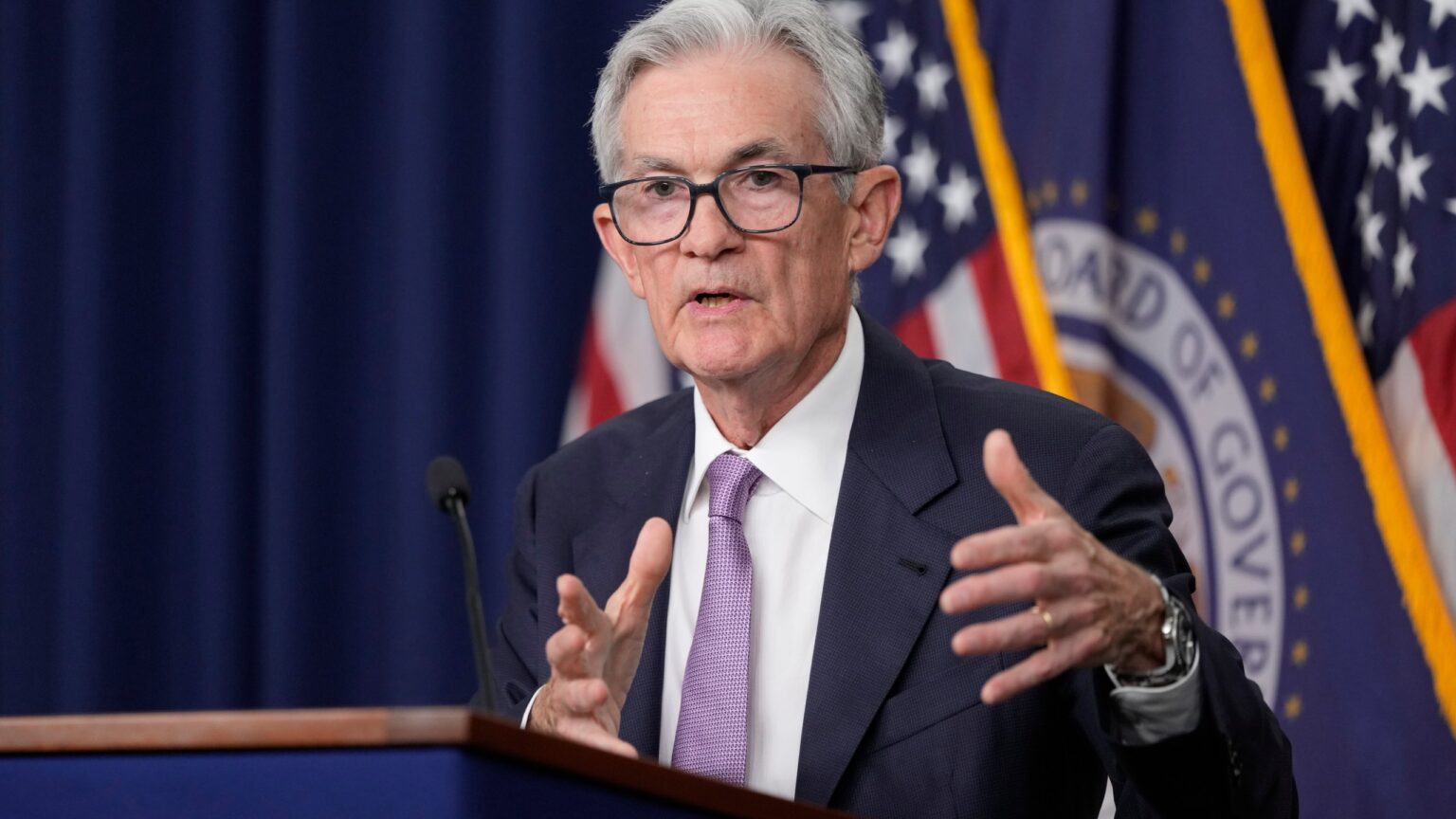The U.S. Federal Reserve is anticipated to lower interest rates for the second time, as it navigates economic uncertainties following the 2024 elections. This anticipated rate cut comes as the Fed strives to balance factors such as fluctuating inflation, economic growth risks, and a shifting labor market, which may be affected by new policies and priorities arising from the recent election. Analysts have noted that the Fed’s rate-cutting move indicates caution, reflecting the hazy post-election economic landscape, especially with potential regulatory or fiscal policy changes that could impact the economy’s trajectory.

Source:- bbc news
This rate reduction would be part of a broader strategy to ensure economic stability and support growth. The Fed has observed that inflation remains a primary concern, with recent data indicating mixed signals: while core inflation appears to be slowing, certain consumer goods and services still show price pressures. The Fed is also keeping a close eye on employment figures, as the tight labor market could place upward pressure on wages, potentially offsetting gains made in reducing inflation.
Source:- news 18
Moreover, global economic conditions present another set of challenges. The Fed is mindful of how international developments—such as Europe’s ongoing energy issues and Asia’s evolving manufacturing landscape—can impact the U.S. economy, either through supply chain disruptions or fluctuations in import/export demand. The recent election outcomes may also bring new fiscal policies, affecting industries differently and potentially reshaping business and consumer confidence levels.
Market reactions to the anticipated rate cut have been cautious. Equity markets are closely watching Fed Chair Jerome Powell’s statements for insights into future policy moves, and analysts expect that the Fed will continue to assess incoming economic data to guide subsequent decisions. The rate cut aligns with the Fed’s goal of striking a balance between fostering growth and preventing runaway inflation, particularly as the economy adapts to both post-pandemic challenges and the outcomes of the recent election.
Share your views in the comments

